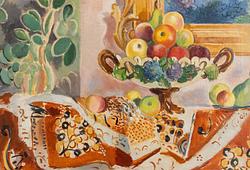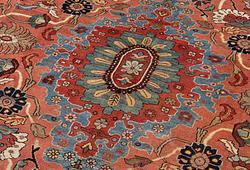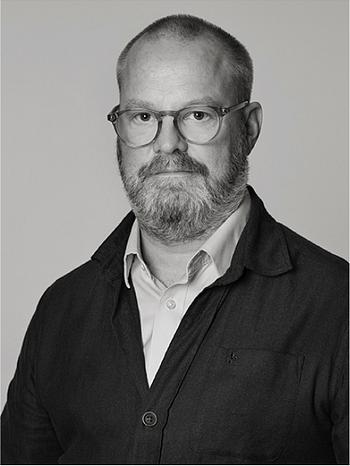Anders Zorn
Anders Zorn, "Hugo Tigerschiöld"
Etching, 1909, signed in pencil. P. 16.4 x 12.4 cm.
Not examined out of the frame.
Kirjallisuus
Asplund 229, Hjert & Hjert 148.
Muut tiedot
Hugo Edvard Tigerschiöld, born on 25 February 1860 at Fassmyra manor in Gryt parish, Södermanland County, died in Stockholm on 11 September 1938, was a Swedish civil servant and poet.
He was the father-in-law of Sven Afzelius. The noble family Tigerschiöld is originally a German family, Hornbeen, which immigrated around 1617 and engaged in bookbinding. The district judge Wickman Hornbeen (1654–1722) was ennobled with the name Tigerschiöld in 1686. Tigerschiöld passed his student examination in Uppsala in 1878 and became a candidate of philosophy in 1881. In 1883, he graduated in judicial practice and took the civil service examination in 1884. In 1886, he became an assistant district judge and simultaneously received the Swedish Academy's large prize for seven minor Poems from forest and lake. In 1887, he entered the Ministry of Ecclesiastical Affairs, where he became secretary of the chancellery in 1897 and chancellor and head of department in 1907. He served as secretary in the committees regarding the Civil Service pension institution and the organisation of the pension system for the state's civil servants, among other matters.
He initiated the Nyköping Canal and was active in modern rural household management as the owner of Öster-Malma farm, which is why he was called to be a member of the Royal Swedish Academy of Agriculture in 1911. As a young man, Tigerschiöld published three collections of poetry, which contain reflective mood and situational images, closely aligning with Carl Snoilsky. His poems have been set to music by, among others, Hugo Alfvén, Andreas Hallén, and Ture Rangström. In 1911, Tigerschiöld became a member of the Royal Swedish Academy of Agriculture. He was the brother of Ernst Tigerschiöld, father of Magnus Tigerschiöld, and grandfather of Dag Tigerschiöld.

































